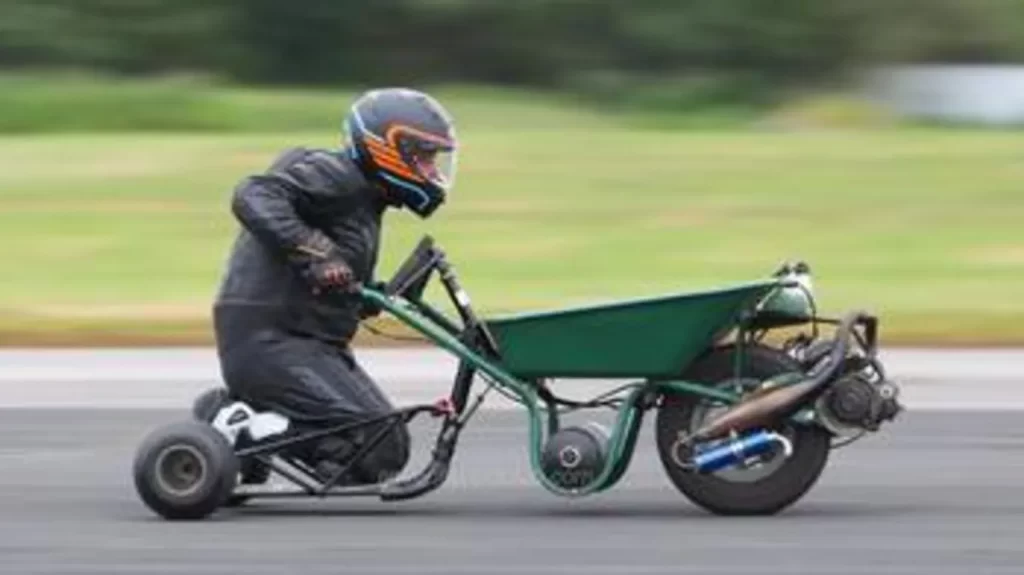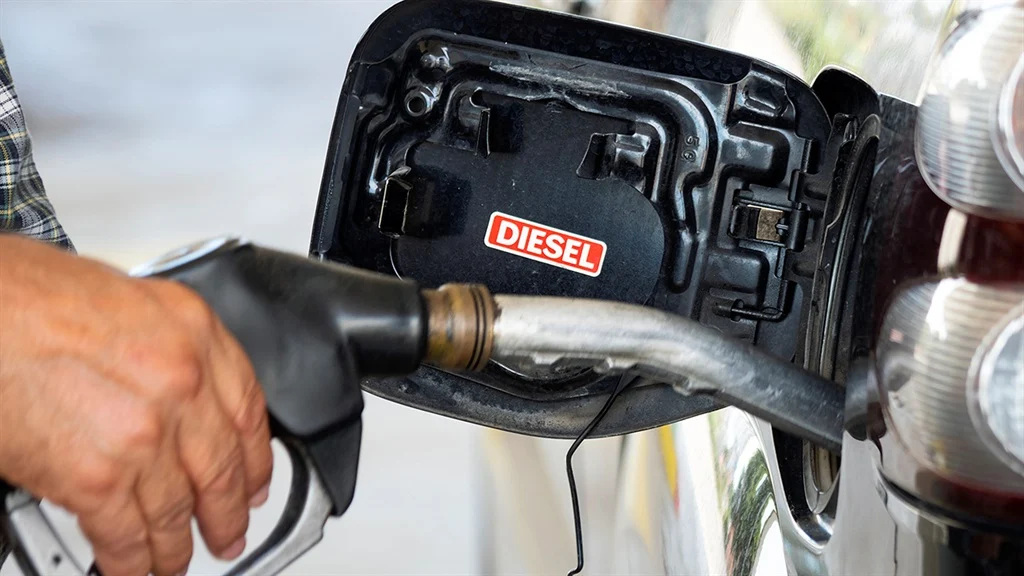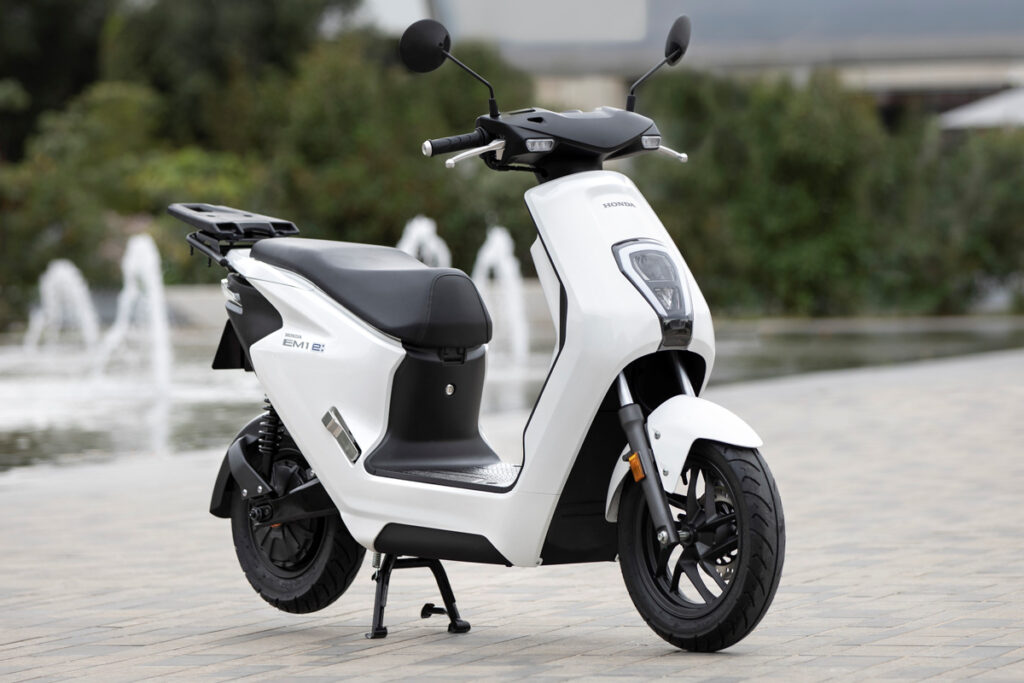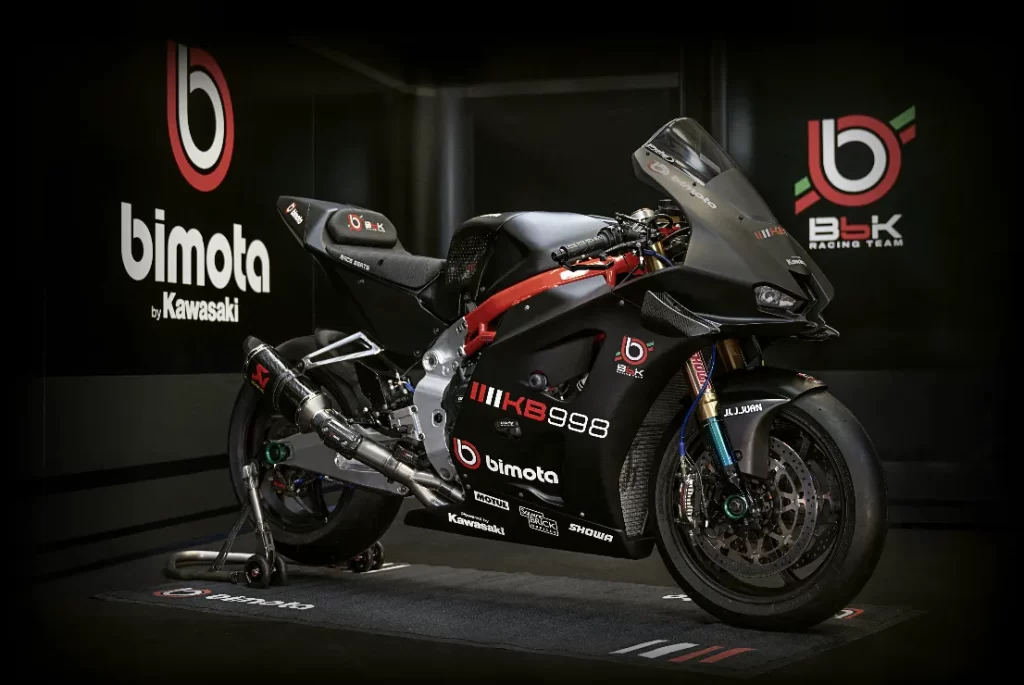The recent 2025 Ducati Panigale V4’s reveal was kind of a shock for some, especially among the Ducatisti. Gone is the synonymous single-sided swingarm, replaced by a double-sided swingarm.
We have to say that the new swingarm does look the butch, and it is better, engineering wise. Let us examine why.
What does a swingarm do?
The name itself lends to its function of connecting the rear wheel of the motorcycle to the frame via a pivot. So, the rear wheel can move up and down to follow the road’s surface.
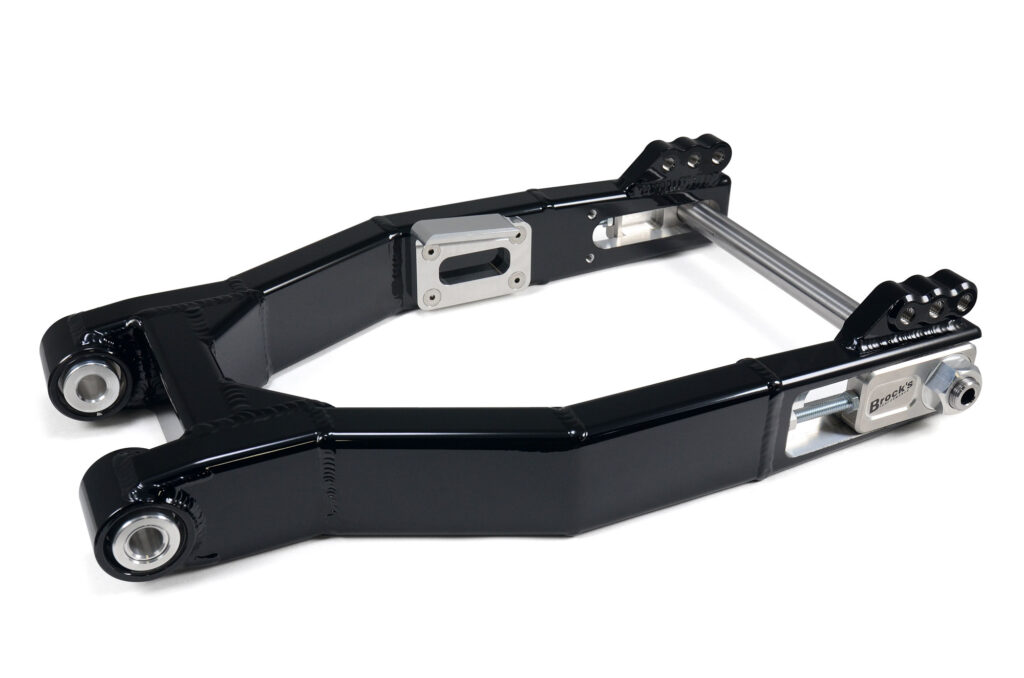
However, that is not all as the swingarm also needs to be able to withstand several types of forces such as weight (rider, passenger, luggage, road bumps), lateral loads (when the bike is leaned over so much that road bumps now act vertically on the swingarm’s spar/spars), twisting load imparted by the chain.
That is exactly why swingarms on high-powered motorcycles are so much larger than those simple box-section steel type on simpler bikes.
Single-sided swingarm
Pros:
- Easier Wheel Removal: The single-sided design allows for easier removal of the rear wheel, without upsetting the rear axles alignment, chain tension, and brake pads.
Granted, this setup was first utilised on the Imme 100 in 1948, and the swingarm doubled up as the exhaust. It was later adopted by Moto Guzzi Galletto scooter in 1950. There are still scooters that utilise this arrangement.
However, it was Honda who first used it on a sportbike in the modern age, namely the VFR range which they used for endurance racing.
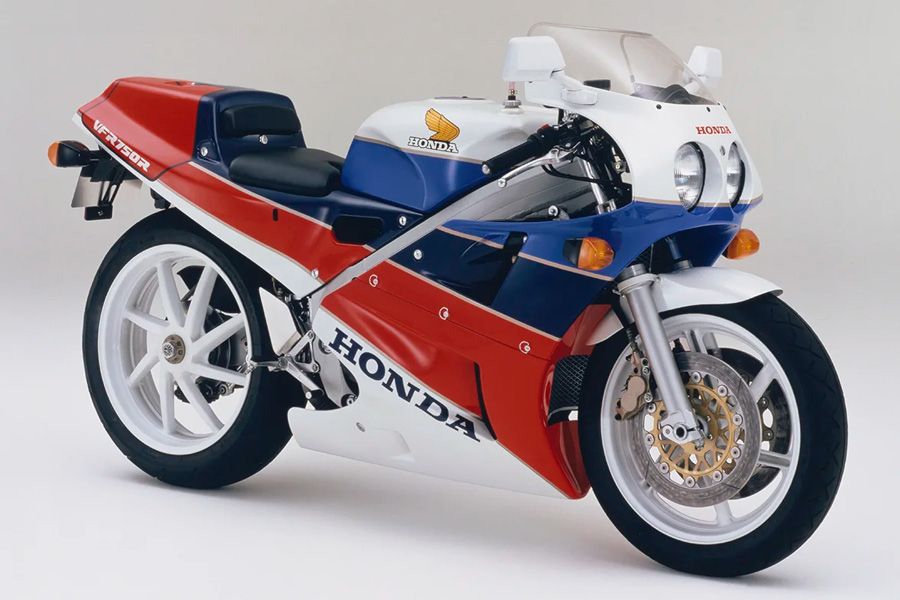
- Aesthetics: The great Massimo Tamburini chose a single-sided swingarm design for the iconic Ducati 916 because it looked “like the rear wheel is not connected to the motorcycle and is floating,” and Ducati had thought of racing it in endurance races, too. It was henceforth that top-of-the-line Ducati sportbikes feature the single-sided swingarm, apart from the 999 and now the Panigale V4.

Cons:
- Strength and Rigidity: Achieving the same level of strength and rigidity as a double-sided swingarm can be more challenging, which results in the need for material.
- Weight: Hence, they can be heavier than double-sided swingarms.
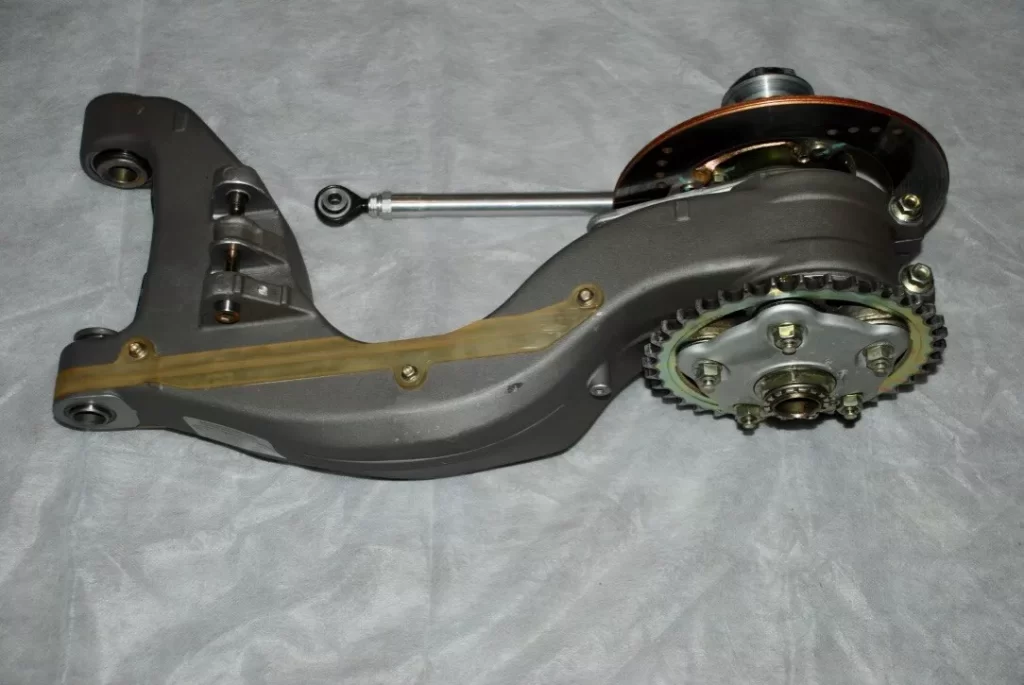
- Less flex: Back in the days of the 70s superbikes, engineers had to contend with frames and swingarms that flex too much, making their bikes wallow in corners. So the frames and swingarms got stiffer and stiffer. Then, when they became too stiff, the bikes do not handle well in midcorner. Why? Because the suspension is most effective in absorbing road shocks when the bike is straight up, but that effectiveness goes away when the bike is leaned over.
So, in the engineers began working on frames and swingarms that offer “tuned flex” in the mid-90s. This flex allows the frame and swingarm to absorb road shocks and road surface imperfections while the motorcycle is leaned over, hence provides better grip to the tyres.

And this is exactly why the Ducati Desmosedici GP bike uses a double-sided swingarm, as with the new Panigale V4. In fact, Ducati says that the new V4’s swingarm is 37 percent LESS stiff laterally.
- Cost: Single-sided swingarms are often more expensive to manufacture and repair due to their complex design and the need for specialised components. Therefore finding application on high-end bikes only.
Double-sided swingarm
Pros:
- Cost-Effective: Generally, double-sided swingarms are less expensive to produce and repair. They use more conventional design and manufacturing techniques.
- Strength and Durability: Engineers can tune their stiffness versus flex characters easier as loads are distributed between two spars.

- Lighter: Less material is needed to make it stiff, thus is can be made lighter versus its single-sided counterpart.
Cons:
- Wheel Removal: Removing the rear wheel can be more cumbersome compared to a single-sided swingarm, as it will perturb the chain’s tension and alignment.
- Maintenance Access: Access to the rear wheel and brake components can be more restricted, making maintenance and cleaning more challenging.
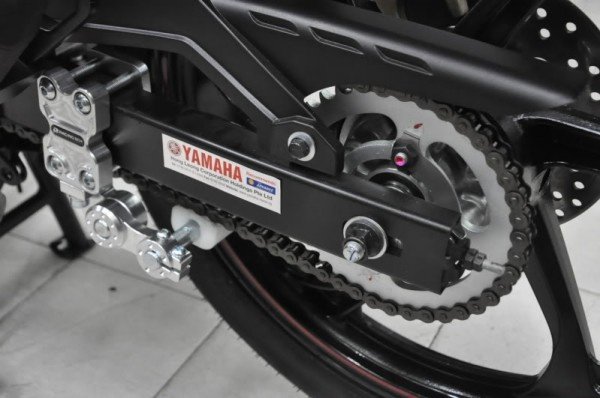
- Adjusting the chain(!): Adjusting the chain and the rear axle’s alignment is a necessary task but it is often time consuming and frustrating. A wrongly adjusted chain will shorten its lifespan, while a misaligned axle results in handling issues.
In a nutshell
Each type of swingarm has its specific use cases and advantages, so the choice between them often depends on personal preference, intended use, and budget considerations.














